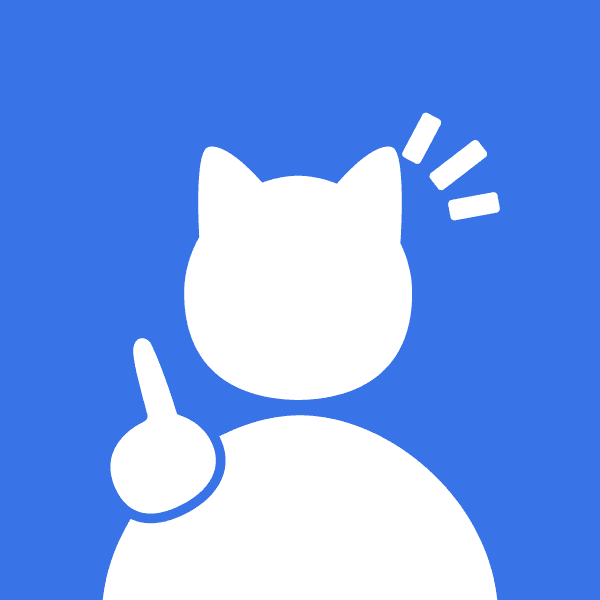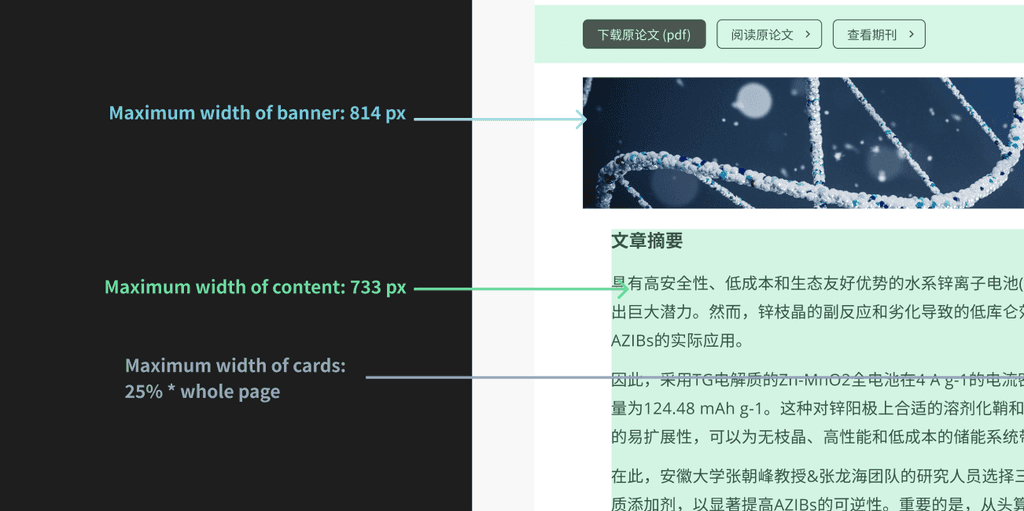contribution
As a UI/UX Intern of a team with 1 PM and 3 engineers, I:
Initiate conversations with product manager to understand business requirements
Convert abstract user stories into user flows & prototypes
Communicated with engineers to assess design feasibility
Iterated design based on internal critiques from my design mentor, PM, and engineers
product requirement
A blog template with recommendation features
In the first week, I was assigned by my design mentor with a user story written by product manager, asking for a template for the blogs that were going to be published on MVC platform. After first getting the user story, I started by understanding the design requirements and converting the abstract stories into a solid user flows.
The user flow I created and to keep track of the product requirements while designing
identifying problem
A process that seems a bit redundant
Throughout my process of working on the low-fi prototype, I frequently went back to the user flow and product requirement to ensure they are met. However, I identified a process related to the recommendation feature that seems unnecessary and might exist a better solution.
On the bottom of the current blog template, there are tags related to this article. Our PM has requested the development of a distinct page that merges all articles linked to a specific tag.
Users need to take 5 steps to find the next blog they want
it takes 2 separate pages, which may add factors like an extra click and loading time that might affect user experience
I started by initiating a few discussions with the PM to understand the main goal of this requirement, the real problem that I need to solve.

Bo
Product Manager
Can you direct the users to a separate page?
I understand you might want to … But how about this …

Me
UI/UX Intern
low-fi prototype
I rapidly prototyped different versions and collected feedback from my team to identify the most effective features & layouts
After confirmed the user flows with product manager, I started by converting them into low-fi prototypes.
As an intern design new to the team, I found myself having multiple ideas when it come to one design and unsure, sometimes As a new intern on the design team, I sometimes faced uncertainty in choosing the best design for optimal user experience or meeting product requirements and implementation feasibility. To facilitate effective discussions, I quickly prototyped several versions of each feature and presented them to experienced team members, such as my design mentor, product managers, or engineers, for their valuable insights and guidance.
Example of how I presented for feedbacks:
Option 1
A vertical layout that focuses users on a single article sequentially, reducing information overload but potentially causing lower visibility for recommended readings at the bottom.
Option 2
A horizontal layout enabling quick access to more content without scrolling, featuring navigational cues for adjacent articles. This layout might increase reading pressure due to higher information density.
Example of feedback I received from team:
Yitong
Design mentor
Placing recommendations at the bottom like option 1 may potentially cause lower visibility
I personally think the option 2 would be better
my solution
Reposition the tags to create a two-step process that will let the users stay
And it turns out, the intention is to cater to readers who have an interest in delving deeper into one topic. After knowing the "ultimate problem", I can finally go back to the low-fi and dive into the solution.
Repositioning and combining the tags to the sidebar will sort the recommendation cards, therefore providing not only more personalized recommendations but also a smoother browsing process to the readers
The user flow that only takes 2 steps after this design improvement
Final design
Based on the feedbacks, I revised my design and updated it to a high-fi prototype
After confirmed with the team, ensuring this change will be able to meet the business goals, and the new feature, sorted recommendation, is able to be implemented by the engineers, I continued on my design and finalized it a high-fi prototype.

To ensure a smoother development and QA process, I labeled each components with details
learnings
Much like users, PMs might also not saying what they truly need
This task has shown me that clear communication isn't just essential when working with users; it's equally important when collaborating with product managers and potentially other team members. Understanding their real needs and getting to the heart of the "ultimate problem" is what leads to finding the true solution.

Bo
Product Manager
Thanks Ellen!
The solutions that you come up with are pretty innovative. I like them A LOT!










